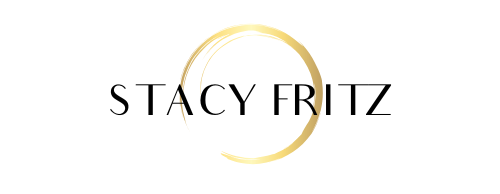Short and Effective Work Breaks to Increase Productivity

The Centers for Disease Control supports research advocating the use of work breaks to increase productivity. Researchers explain that strategically disengaging during the day, particularly when we are engaged in “think-work,” gives our prefrontal cortex (the thinking part of your brain) a much-needed break. Drs. Gazzaley and Rose, the authors of The Distracted Mind: Ancient Brains in a High-tech World encourage us to take the right type of break to improve focus and creativity and forewarn us that that taking the wrong type of break, like constantly checking our phones, can have the opposite effect.
[Productive Breaks]
Below are 3 ways to increase productivity by taking the right type of work break:
Movement Breaks.
Take a walk, preferably outside while focusing on nature. We talk a lot about the power of walking breaks for health, but walking breaks also boost our creativity, particularly when we’re focusing on nature. Research shows that nature exposure is restorative for the mind. Work in the city? Next time you take a walk, focus on the streetscape, the sky, the birds.
Take the Stairs. Not only can taking the stairs over the elevator or escalator increase your productivity, but it can save you time! A study in the Canadian Medical Association Journal found that doctors saved an average of 15 minutes out of their workday when they took the stairs versus the elevator.
Exercise, every day. FIT2order is a big fan of using your breaks to get in your mini-workouts. Check out this blog post.
Breather Breaks.
Deep Breathing. Breath Techniques, like the technique discussed here oxygenates the brain and can simultaneously produce both a calming and energizing effect useful particularly during a stressful day.
Doodle and Daydream. When we let our minds wander without focusing on a certain goal, the brain’s default network takes over. Daydreaming and doodling tap into default mode network activity and may give some prefrontal cortex functions a rest. (3)
Mini-meditations. Like taking Deep Breathing breaks, mini-meditations can be both relaxing and rejuvenating. Simply closing your eyes and counting backwards from 10 can recharge your brain.
Laugh. Known as “internal jogging,” laughter increases our heart rate and gets our blood pumping and even improves our memory on the short term. Even forced laughter is shown to produce these positive effects. Ways to add crack-ups and forced giggles into your workday—try theCHIVE, Imgur and the BuzzFeed--these apps are filled with funny pictures, videos and news articles.
SOURCES:
- Wendell, T.C. et al. Impact of booster breaks and computer prompts on physical activity and sedentary behavior among desk-based workers: a cluster-randomized controlled Prev Chronic Dis 2016. Accessed December 27, 2019. https://www.cdc.gov/pcd/issues/2016/16_0231.htm
- Selig, M. How do work breaks help your brain? 5 surprising answers. Psychology Today Website. Accessed December 27, 2019. https://www.psychologytoday.com/us/blog/changepower/201704/how-do-work-breaks-help-your-brain-5-surprising-answers
- Eyal, N. 5 research-backed ways to take better breaks that will improve your work. Business Insider Website. Accessed December 27, 2019. https://www.businessinsider.com/5-research-backed-ways-to-take-better-breaks-2017-4?amp&utm_content=buffer1730c&utm_medium=social&utm_source=facebook.com&utm_campaign=buffer
- Norton, Amy. No time to take the stairs? Yes, you do study says. National Post Website. Accessed December 27, 2019. https://nationalpost.com/health/no-time-to-take-the-stairs-yes-you-do-study-says

